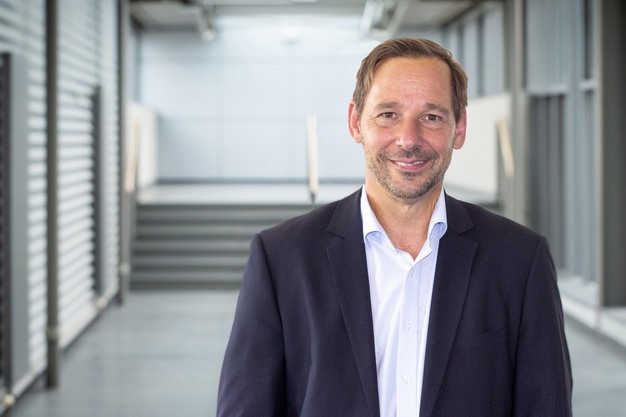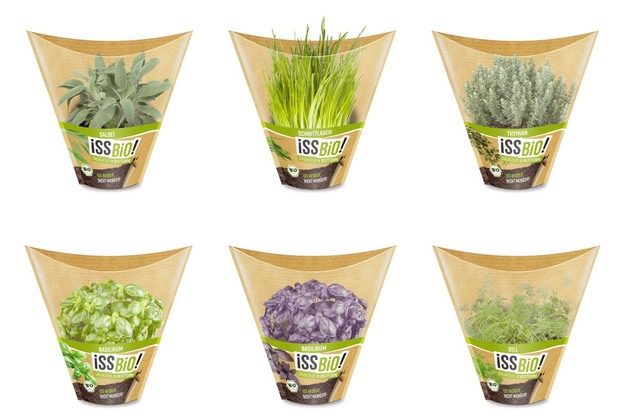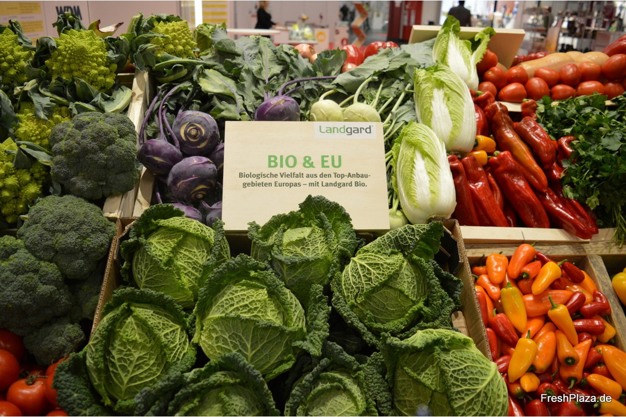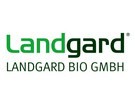Due to rising costs in energy, wages, freight, and packaging, 2023 will be remembered as a very challenging and demanding year for organic sales. "Not only has production become significantly more expensive, but all areas of production have also had to contend with extreme weather conditions. At the same time, the demands of our customers continue to increase. Against the backdrop of demonstrably increased production costs for our member operations, as a producers' cooperative, we consistently address the desire for higher producer prices in our discussions with the trade," says Albert Fuhs, Managing Director of Landgard Bio Ltd.
From a marketing perspective, consumer uncertainty regarding their own purchasing power has brought sales in the organic retail trade to a standstill. This has shifted demand towards entry-level prices, resulting in supermarkets and discounters seeing corresponding increases in organic sales. Fuhs: "We find that people still want to consume organically produced food, even in the current situation. Due to price sensitivity and general uncertainty, consumers are currently very often opting for the cheapest provider." Given the circumstances, innovative marketing concepts are currently in low demand, as customers focus heavily on their own brands.

Albert Fuhs has been at the helm of Landgard Bio as Managing Director since 2017.
Weather conditions have made global sourcing very challenging recently. Heavy rain, for example, has made the harvest of root vegetables difficult, significantly limiting availability. "However, producers' dissatisfaction with the prices they achieve is not a local problem limited to Germany. Demonstrations in other countries clearly show this."
Discrepancy between desire and reality
The self-sufficiency rate in Germany is now increasing more slowly, which according to Fuhs is due to competition with often significantly cheaper imported offers. "Here, desire and reality in purchasing behavior diverge widely. Unfortunately, organic and local is not sustainably achievable at any price. Also, land use is changing, and less labor-intensive crops are being grown, as it is simply no longer economically viable to produce them. As a logical consequence, the smaller structured operations are expanding direct marketing wherever the location allows. The larger operations, on the other hand, are increasing the degree of mechanization and growing in terms of area."
Landgard Bio not only acts as an independent organic trading division of the Landgard Group but also provides information and support when an operation is interested in converting to organic production. "We continue to try to encourage producers to convert to organic through targeted information and advice. The challenge I see is to convert moderately, to prevent an oversupply that then can only be marketed based on price. The conversion will only be sustainable if there are enough buyers for the products on the other side. Thus, it is about sensibly connecting and further developing supply and demand. Important in the conversion are always the political and funding framework conditions – because the willingness to invest of the operations is currently rather restrained, while conventional agriculture faces similar problems."
 Marketing concept IssBio has already established itself well with organic herbs.
Marketing concept IssBio has already established itself well with organic herbs.
Especially among younger farmers, Fuhs sees an increased interest in organic farming. "The conversion is now being promoted by the trade and the goods from the conversion phase can be marketed. Experience shows that marketing conversion goods can be interesting for producers in permanent crops. However, in vegetable cultivation, I advise using the conversion period to occupy the soils with clover grass and a cereal crop rotation, as the cultivation of conversion vegetables does not really prove to be profitable in the current market situation."
Growth potential for organic in communal catering
According to Landgard Bio, the domestic organic market is currently only growing to a limited extent and thus in line with the overall economic situation. However, the organic market in discounters and supermarkets is growing. "I only expect double-digit growth here at the end of the recession. Alternative marketing concepts such as subscription services and direct marketing will compete for consumer favor and grow. The conversion of public households and canteens can be another sensible building block to increase organic sales," concludes Fuhs.

Product display of Landgard Bio GmbH at this year's BioFach in Nuremberg.
Photos: Landgard Bio GmbH
For more information:
Albert Fuhs
Landgard Bio GmbH
Raiffeisenstr. 10
53332 Bornheim-Roisdorf
Germany
Tel +49 2222 71-360
Fax +49 2222 71-369
[email protected]
www.issbio.com
